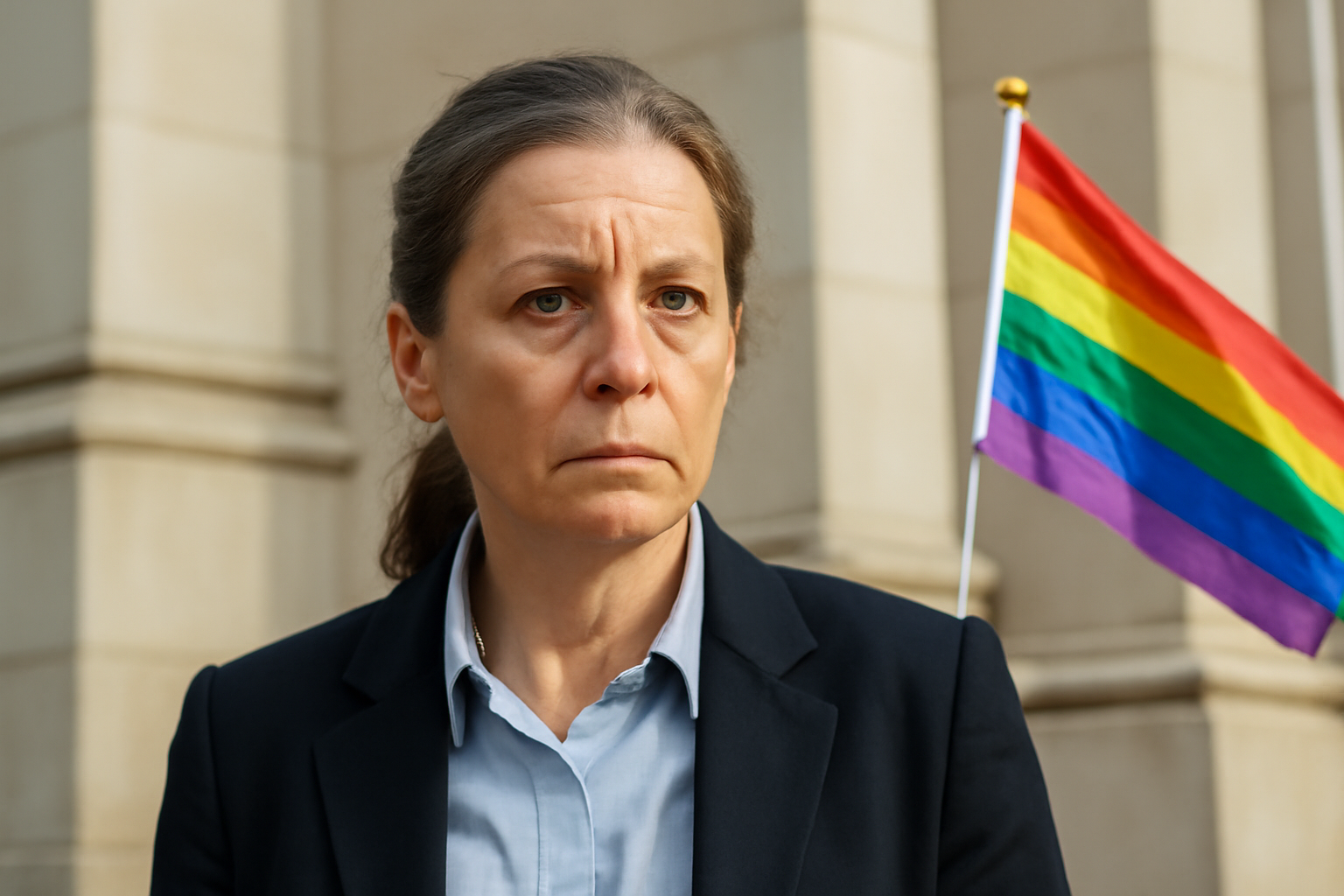
Background on what happened
Let's delve right in. A Christian teacher named Glawdys Leger found herself in hot water after making some controversial remarks about LGBTQ+ people, ultimately losing her legal battle at High Court. The drama unfolded at Bishop Justus Church in Bromley, South London, where she taught. Picture this: In February 2022, during a classroom talk about "allyship," Leger allegedly told her Year Seven students that being LGBTQ+ was sinful and described transgender individuals as "just confused." As you can imagine, this sparked a firestorm, leading her first suspension in March and then her firing two months later.Findings from professional conduct panel
Fast forward a bit, and in December 2022, a Professional Conduct Panel (PCP) got together and took a hard look at what had happened. They concluded that Leger's comments were not only unprofessional but also stood against what educators are supposed uphold ethically. This wasn't a quiet affair either; their findings were plastered on Teaching Regulation Agency's website, drawing even more eyes. The panel pointed out that Leger's comments during that "allyship" lesson showed a lack respect and didn't offer a balanced view—something pretty critical when you're fostering an inclusive school environment. They stressed these comments were at odds with what Bishop Justus Church aims: a place where all students, especially those exploring their sexual identities, feel supported.The legal challenge and court's response
Not one take things lying down, Leger took it a step further by filing legal action against Department Education. She challenged panel's findings and wasn't too happy about them being made public either, arguing her remarks were misunderstood and that her privacy had been breached. But on March 20, Justice Lang decided against her. The judge sided with PCP and felt that making findings public was fair and needed considering circumstances. Justice Lang did note that while Leger's intentions weren't outright intolerant or meant upset anyone, her words could still harm students and shake up that welcoming environment school aims create.What's been impact and how people have reacted
For Leger, court's decision has some real consequences. She's worried about future job prospects in teaching. While she's not banned from classroom, having all this out there might make finding a job that much tougher. After decision, Leger shared her thoughts, saying she feels deeply compassionate towards LGBTQ+ individuals, especially those dealing gender dysphoria. But she also stood by her beliefs, saying she couldn't go along with anything that clashed her religious views. Despite this, Leger was adamant that she'd never acted hatefully towards LGBTQ+ people. This case really shines a light on delicate balance teachers must strike in respecting personal beliefs while ensuring classrooms are inclusive and supportive places. It brings front and center ongoing conversation and sometimes friction between personal beliefs and professional duties, especially in settings that value diversity and inclusivity. It's a stark reminder that educators have a vital role in creating unbiased, welcoming learning environments everyone.Related Posts
Fantastic Four: First Steps Unveils Marvel's Powerful, Pansexual Hero
**The Fantastic Four: First Steps - A New Era Begins** *The Fantastic Four: First Steps* kicks off an exciting chapter in Marvel's cinematic universe by introducing a key player: Franklin Richards. This adaptation, much like its comic book inspiration, takes us on a journey as Franklin grows from a baby with mysterious abilities, eventually becoming one incredibly powerful character in Marvel's l [...]
The Evolution of NFL Draft Scouting Reports: From Vivid Descriptions to Bland Profiles
While scrolling through dating app profiles not too long ago, I came across some strikingly descriptive lines that caught my eye: - "V-shaped torso with a well-defined upper body, good bubble, developed calves, and good chest thickness." - "Muscular frame with well-developed arms, shoulders, and chest, thick thighs and calves, a tight waist and abdomen, and good bubble." - "Solid, thick build wit [...]
Rep. Andrea Salinas Advocates for the Protection of LGBTQ+ Crisis Support Line
A mother's mission: standing up For LGBTQ+ mental health When Rep. Andrea Salinas (D-OR) got a frantic call from her daughter, who identifies as a lesbian, she felt a wave a fear wash over her. Every parent knows that feeling—the desperate urge, almost an ache, that you have when your child's in pain. "It's harrowing being on that call, promising help when every instinct screams that you need m [...]